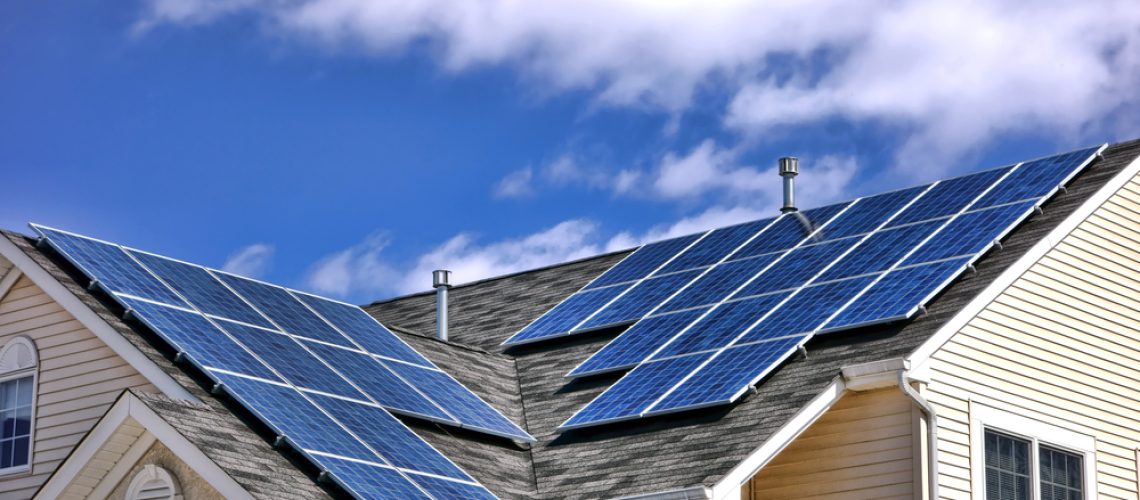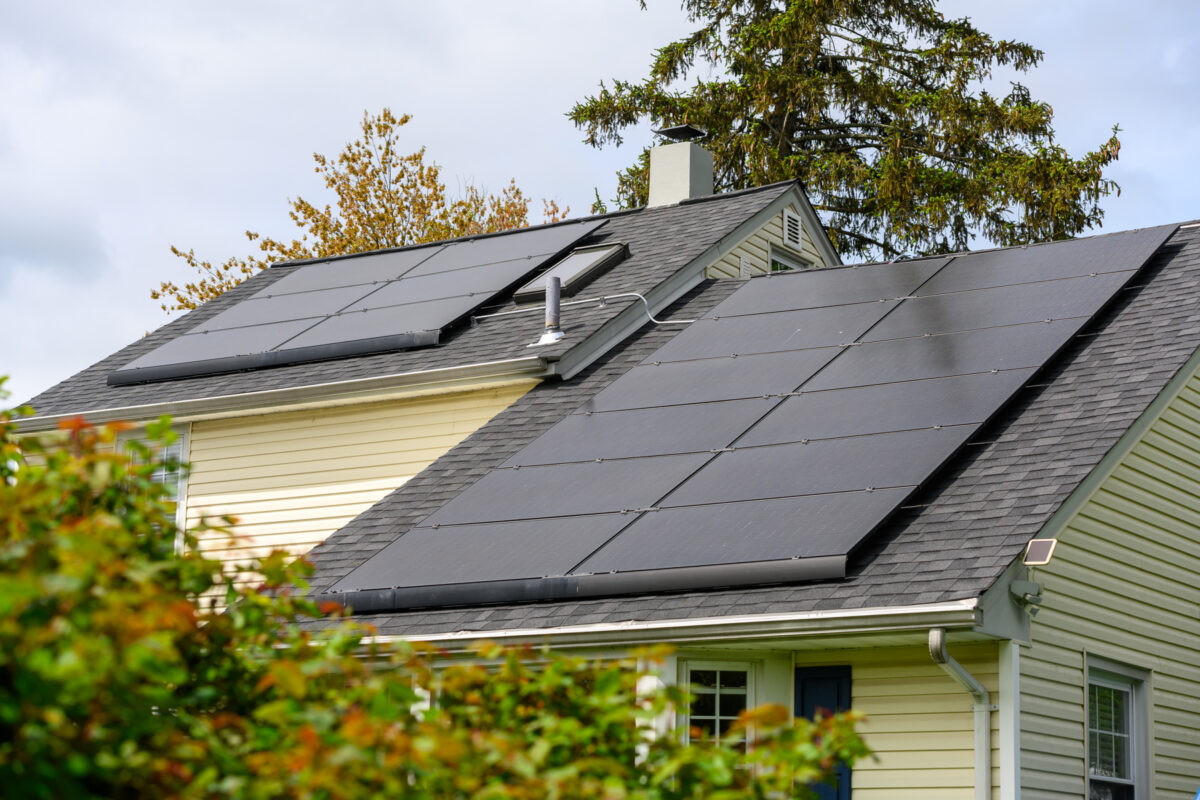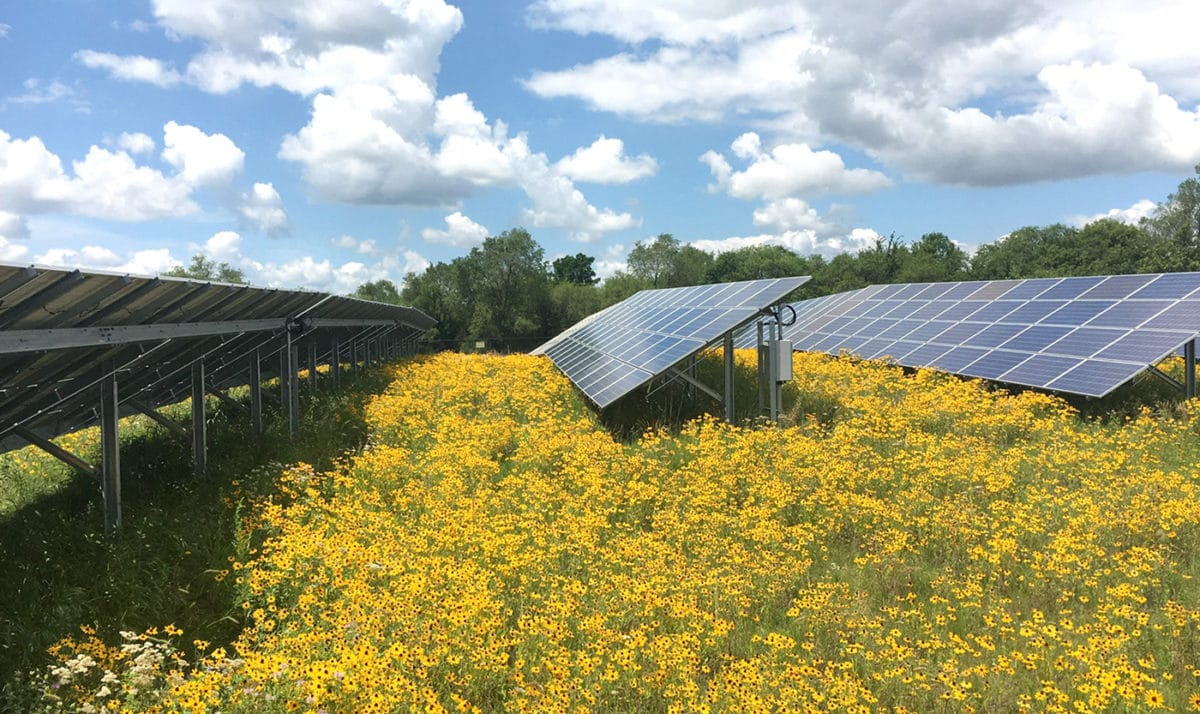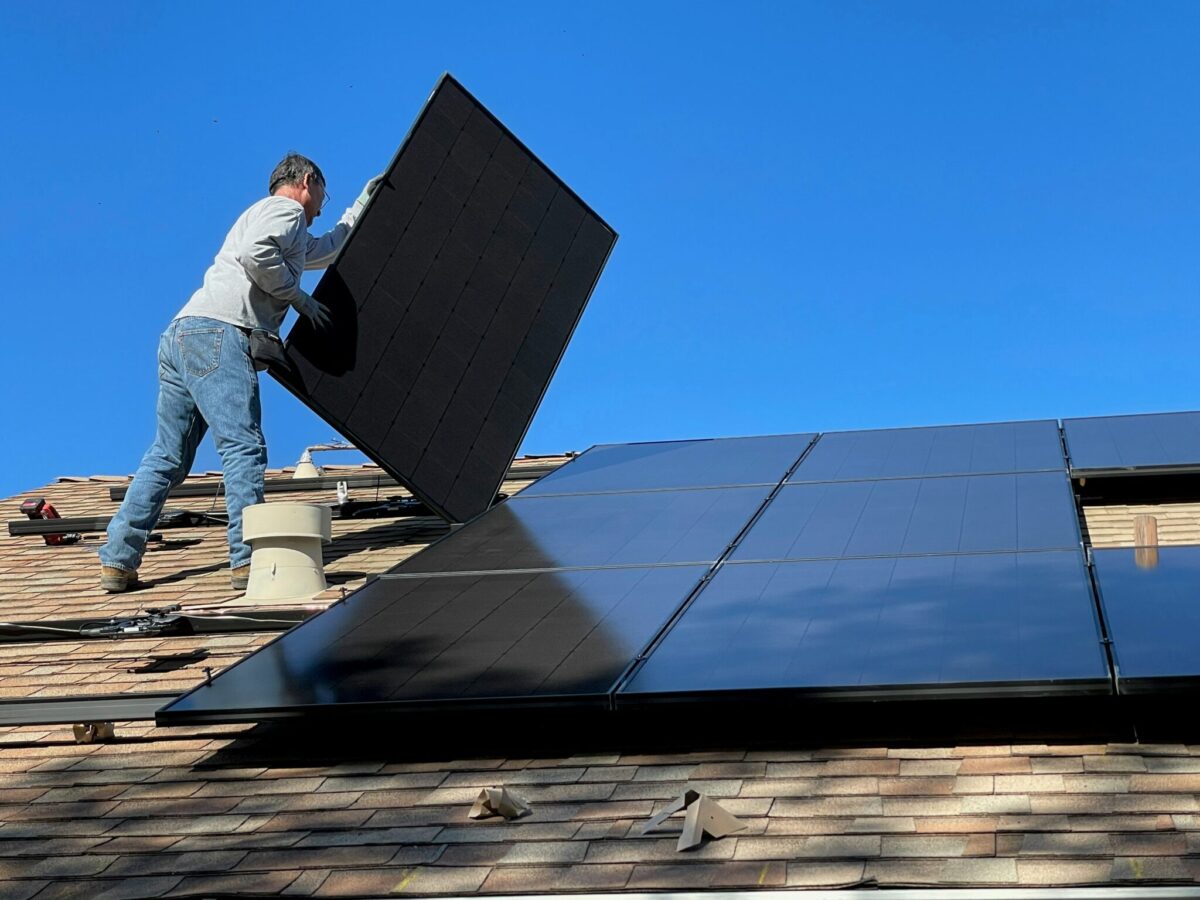Energy providers, government and the broader energy ecosystem must raise up the access, appeal and affordability of clean energy to help speed the transition to clean energy.
EY, the global professional services network, released the Energy transition consumer insights report, which finds that only one-third of consumers say they take more actions to improve the environmental sustainability of their lifestyle. With the energy transition upon us, authors of the EY report state that we are dependent on the other 70% for the success of the energy transition.
The EY team arrived at its findings after surveying nearly 100,000 residential energy consumers over a period of three years. These consumers included those who own homes, renters, bill payers and non-bill payers, and represented all ages and income levels.
The report indicates that the low level of consumer confidence in how much more they can do to make sustainable changes indicates that “consumer fatigue” has set in and that we must address this “energy apathy dilemma” immediately if the transition to clean energy is to be successful.
“U.S. consumers are concerned about the costs and accessibility of clean energy options, underscoring the need for energy providers, regulators and policymakers to work together to progress carbon ambitions,” said Trey Thornton, EY Americas power & utilities leader. “Broad consumer action is the biggest driver for demand of lower-carbon and renewable energies, yet our research concludes not enough is being done to spur greater consumer adoption of these products.”
The findings
The report found that “energy apathy” is a common occurrence, as three-quarters of consumers say they’ve done as much as they can to be sustainable. EY research also revealed a decline in climate action on the part of corporations.
Affordability is a concern among those who are not planning to invest in sustainability. For 84% respondents, energy is a budgeted expense, and more than half (67%) indicate they can’t absorb a 10% increase in their energy bill.
Interest is not turning into action, yet, as two-thirds say they are interested in rooftop solar and electric vehicles (EVs), but they won’t invest in them in the next three years. Despite public policy, rebates, credits and other incentives, consumers are not engaging. For example, only 11% of say a heat pump is their first choice of investment in energy products and services planned over the next three years.
Despite the reluctance to invest in sustainable actions, 40% indicate that they don’t know what energy-related actions to take. Only 30% of U.S. respondents are confident that they can access clean energy options and 31% are confident that their energy provider is providing value for them and the community. Furthermore, only 1 in 4 believe that the energy transition is fair and equitable. Low-income respondents and renters were found to be two to three times less likely to invest in new energy solutions.
The bottom line finding in the report is that those in the clean energy industries must shift the ways in which they engage with the consumer in order to help these consumers to make more sustainable choices.
The EY research concludes that consumers must have “affordable, accessible and appealing” energy options in order to take action toward their sustainable energy future. Some consumers distrust new technology, such as artificial intelligence (AI) and are skeptical of engaging in an all-electric lifestyle.
The report authors state that current approaches taken by the clean energy industries and other stakeholders are not effective or are not working fast enough. They call on energy providers, government and the broader energy ecosystem to make fast changes for the good of the energy transition.
“Energy providers can galvanize this change, transforming energy consumer engagement by first transforming themselves,” said the report. Providers must raise up the access, appeal and affordability of clean energy, and those that get it right will have helped to shape the clean energy future.






